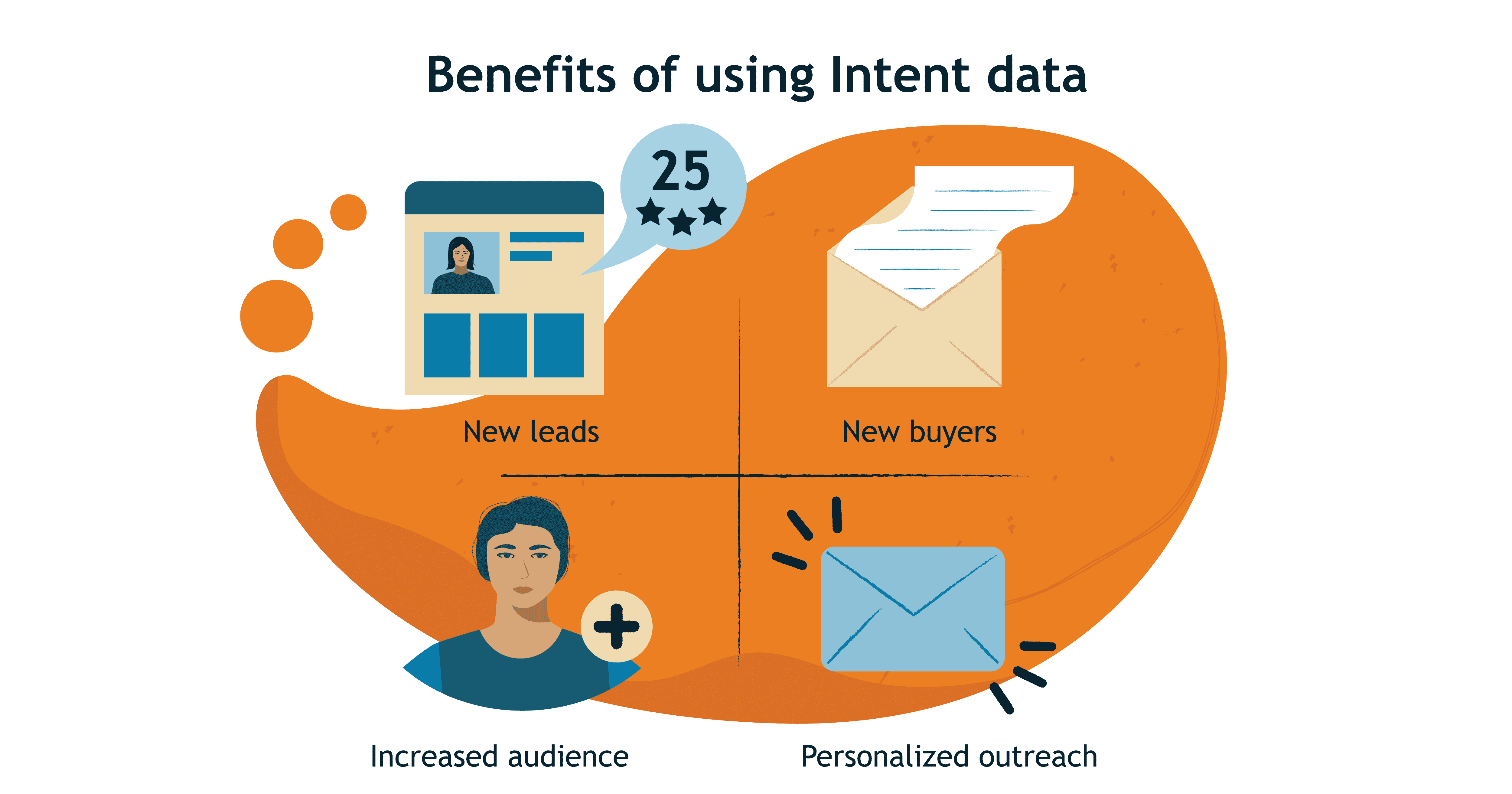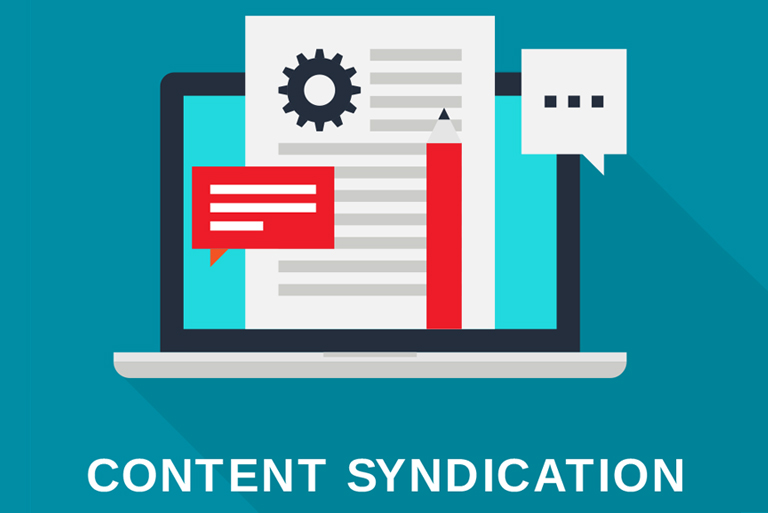Creating a successful B2B campaign involves a thoughtful combination of various components to effectively engage and convert business prospects.
Below are general components of successful B2B campaigns:
1. Clear Objectives:
Setting clear and measurable objectives is the foundation of any successful B2B campaign. Whether it’s lead generation, brand awareness, or customer retention, define your goals from the start.
2. Target Audience Identification:
Know your audience inside out. Understanding your target industry, company size, decision-makers, and pain points will help tailor your message to resonate with the right people.
3. Compelling Content:
Craft high-quality content that educates, entertains, and adds value. This could include blog posts, whitepapers, infographics, social media posts, and videos tailored to your B2B audience’s interests and challenges.
4. Multi-Channel Approach:
Diversify your approach by leveraging various channels such as LinkedIn, Twitter, email marketing, and webinars. Consistency across channels helps reinforce your message.
5. Personalized Outreach:
Tailor your communication to address the specific needs and pain points of each prospect. Personalized outreach through emails or targeted social media messages can significantly boost engagement
6. Data-Driven Decisions:
Leverage data analytics to track the performance of your campaign. Analyzing metrics such as conversion rates, click-through rates, and engagement levels helps refine your strategy for better results.
7. Strong Call-to-Action (CTA):
Every piece of content should have a clear and compelling CTA. Whether it’s directing prospects to download a resource, sign up for a webinar, or contact your sales team, make it easy for them to take the next step.
8. Relationship Building:
B2B campaigns should focus on building long-term relationships. Engage with your audience, respond promptly to inquiries, and nurture leads through the sales funnel.
9. Continuous Optimization:
Regularly assess your campaign’s performance and make adjustments based on the data. Optimization is an ongoing process that ensures your strategy remains effective and adapts to changing market dynamics.
10. Measurable Results:
Demonstrate the success of your campaign with tangible results. Showcase metrics such as lead generation numbers, conversion rates, and ROI to highlight the impact of your B2B efforts.





